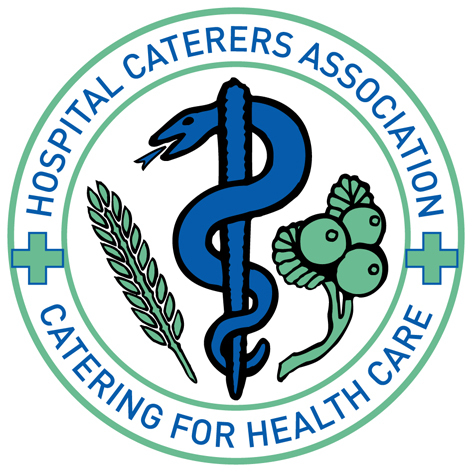The Future of Public Sector Catering - Craig Smith, Hospital Caterers Association (HCA)
September 18, 2019 - 11:02It may not be all doom and gloom, but there are still plenty of reasons why the public sector catering industry looks forward with a sense of apprehension.
As we build up to the inaugural Public Sector Catering Expo taking place in November, David Foad, editor of Public Sector Catering magazine, asked industry leaders to outline the challenges they currently face and forecast the ones still to come. Craig Smith, Hospital Caterers Association (HCA)
Craig Smith, Hospital Caterers Association (HCA)
If we do not embrace the future, associations like the HCA will cease to relevant and we simply will not be around to celebrate our centenary and beyond, which would be unforgiveable.
I could give you the Utopian version of the future where every patient will be offered a real-time menu on a tablet that is fully integrated with the rest of the hospital’s IT systems, allowing clinicians to see what their patients are eating, and the catering service able to provide meals only for those patients or residents that actually still require feeding.
The IT systems will detail every ingredient, highlighting every known allergen and provide full dietary analysis, allowing everyone to be totally informed through one medium that also helps reduce unavoidable waste to virtually nil.
The catering menus will offer a reasonable choice that reflects the patient group, and it wouldn’t matter whether it was freshly cooked on site or delivered from a production kitchen that offered the same consistently high standard. The main thing will be that the patient gets their food, nicely presented on time and enjoys every mouthful.
Of course, the menu will consist of the best ingredients possible because in the future the Government will have committed to a minimum spend for each patient that has been inflation-proofed and ring-fenced from any future funding costs.
All catering departments will have access to training and development funds allowing the apprentices and other team members to make a career in one of the most rewarding forms of catering. The importance of food and nutrition will be on the curriculum of all clinical staff training, helping aspiring doctors understand that food is the best form of medicine and nurses to see that they play a critical role in mealtimes, which are usually the highlight of the patient day.
However, I would be failing everyone if I didn’t give a view of what is, sadly, more probable. Capital spending within the NHS is coming under more scrutiny than ever before and with the demise of Private Finance Initiatives, just where will the funds come from to provide the kitchens required to have everything prepared on site?
Meanwhile, the skills gap that we are experiencing will increasingly see more hospitals look for alternatives to producing their own meals.
There seems no end to the spiralling cost of raw ingredients, far in excess of funded inflation, which means in real terms the public sector caterer has less budget than in the past.
I have managed both traditional cook and serve and delivered meals services, and there are exemplar sites for every style of service we offer. But I have also visited hospitals up and down the country where there is clearly room for improvement, whether freshly cooked or poorly regenerated, so we cannot be complacent.
That is why I am very pleased to welcome Mr Hancock’s ‘Root and Branch’ review of hospital catering. It is about time that we laid a few of the old, outdated, unsubstantiated claims to rest.
We don’t need a big-name celebrity chef to tell what we need to do - we know what is required. We simply need the right level of funding and the acceptance that the catering service is a vital part of patient care and well-being.
Mass produced food, with all its inherent safety mechanisms can offer a viable alternative for many. It doesn’t matter if the food is freshly-cooked downstairs or in a production unit, possibly hundreds of miles away, it is how it is treated throughout the process because all the good work can be completely undone if the meals are left unserved on the ward because nobody has the time to serve them.
The HCA is spearheading an initiative called ‘The Last Nine Yards, which is aimed at delivering an excellent mealtime experience for every patient, every time. We are working with representatives from the Royal College of Nursing, the British Dietetic Association, Speech and Language Therapists and the wider facilities team to instil the sense of purpose that we should all work together as one team to get the meal to the bedside in the best possible condition.
In the end, it will be teamwork from everyone involved in the total food chain that will lead us onto our next phase of development.
You can meet the HCA team at the PSC Expo in November and find out more about their work and benefits of working with them.


